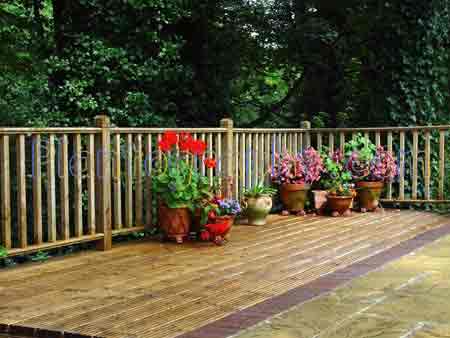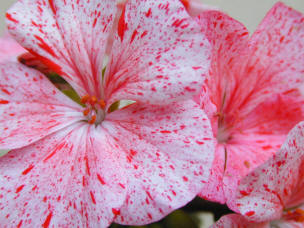Houseplants Indoor Plants Care
Information and Advice about care and growing Plants indoors.
If we wish to grow our house or indoor plants successfully, we have to know a little bit about them. In particular, try to replicate the growing conditions which were their original habitats as much as is possible. Not always easy, for many of the plants that are sold as houseplants - or indoor plants - originate in tropical countries. Sometimes in rain forest environment! Not always possible to provide the optimum growing conditions.
This may seem a little daunting - and a lot of bother - but it is surprising how adaptable these 'houseplant' plants are. Most can live in the same habitat as humans - but with perhaps a little understanding, care and attention.
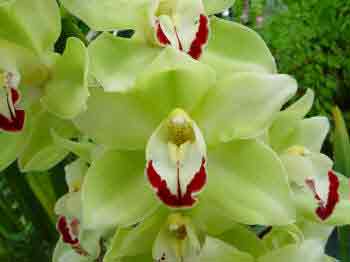
Sometimes they will not flourish as they would in their native habitat, but with care and attention, your houseplant could nevertheless, give years of pleasure. Some - as with the Aspidistra could end up being a family heirloom - handed down for a generation or so!
When you see many of these plant in their natural environment - and growing to their proper size, then you are amazed at just how adaptable they are. Certainly more adaptable than us humans!
I was recently astounded to find this Scindapsus - Devil's Ivy - (image) happily dripping from a tree to a length of 20 metres in a Northern Thailand forest - not to mention the humble Rubber plant - Ficus elastica - growing as a magnificent 30 metre specimen. It's ok, this will not happen in your living room.
Choosing the right plant
The main criteria for success with indoor plants, is simply not to grow your particular plant in conditions which are alien to it! A bit difficult sometimes - especially when the house plant has been given as a present, and needs to be seen to be doing well!
- There are so many indoor plants available these days that it is possible to find one for virtually any situation, or house, or any style of decor.
Houseplants can be very beneficial and healthy to our lives. They purify
and renew our stale indoor air by filtering out toxins, pollutants and the
carbon dioxide we exhale - replacing them with life sustaining oxygen!
Research by NASA showed that some house plants are more efficient in filtering out toxins than others. Philodendrons and Spider plants were found to be the most efficient in the removal of formaldehyde. Gerbera Daisies and Chrysanthemums were found to be effective in the removal of benzene, a known carcinogen.
- Generally, allow one houseplant per 100 square feet of living area. The more vigorous the plant, the more air it can filter. Plants will do little - if anything -to filter tobacco smoke in the air.
So, learn how to choose and then care for your indoor plant, and you could end up not only please with the result, but healthier as well! Owning -and caring - for houseplants certainly has therapeutic effects not too far removed from the same results of caring for a pet! Stress busters even.
Best Selling Gardening Products
Popular Gardening Sections
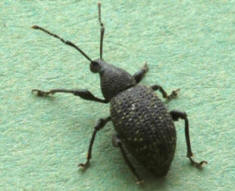
Problems
Identify Weeds in The Garden - How to deal with weeds. Diseases and Pest which harm your garden and plants, learn how to prevent, deter and erradicate your garden problems.
Garden Problems
Pruning
Pruning Guide. Shrubs flower better with correct pruning. Many illustrations and examples of what to do - and when. Includes evergreens, roses, flowering shrubs, spring flowering shrubs and pruning for stem effect. This is our most viewed and comprehensive section,
Pruning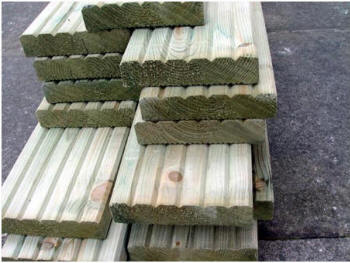
Gardening Businesses
Gardening Businesses listed in the UK counties and USA states. County and State Listings of businesses involved in Garden supplies and services. If you wish to be added to the Directory, please send us your information. Having problems, use the search box
Businesses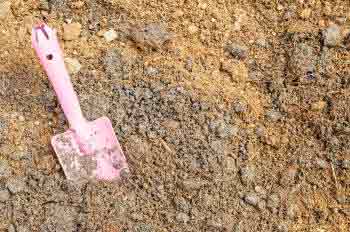
Gardening
In this section you will learn about Gardening Basics, Containers, Landscaping, Propagation and Soil.
Gardening
Gardening Gifts
Gardening Gifts and Reviews, Read Before you Buy
- Gardening Gifts Ideas
- Gifts For Her
- Gifts For Men
- Power Tool Gifts
- Cheap Gifts
- Personalised Gifts
- Wildlife Gifts
- Family Gifts

